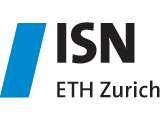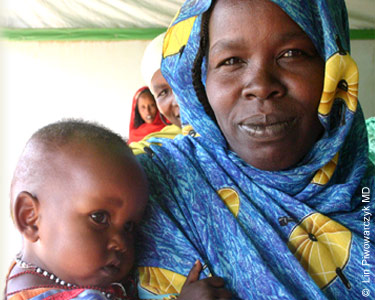
Last week ISN Insights traversed Brussels relations with the Arab world, moved south along the Central Africa coast, ending up in South and Southeast Asia:
- On Monday Drs Federica Bicchi and Caterina Carta of the London School of Economics and Political Science examined how the Lisbon Treaty reforms are impacting EU relations with the Arab world in the midst of the uprisings.
- Professor Gerard DeGroot of the University of St Andrews explored the ‘resource curse’ phenomenon as it applies to the tiny island nation of São Tomé and Príncipe.
- Chatham House’s Dr Farzana Shaikh analyzed Wednesday Pakistan’s relations with Sri Lanka and the implications of renewed bilateral ties for regional security.
- Thursday we published a piece by Southeast Asian-based independent journalist Simon Roughneen on how freedom of expression is – literally – on trial in Thailand.
- We rounded out the work week with our Friday ISN Podcast interview with Rear Admiral Michael McDevitt on the challenges of ensuring maritime security.
This week we’ll be taking a closer look at: backsliding on democracy in the Ukraine; rising Chinese naval power; a new drug-busting Central American partnership; the past and future of statebuilding – and much more. Stay tuned…




